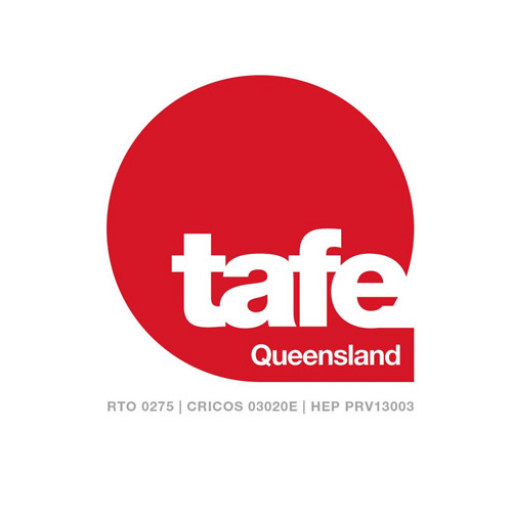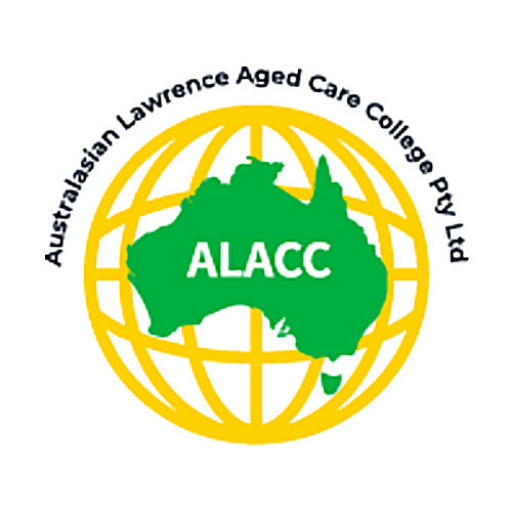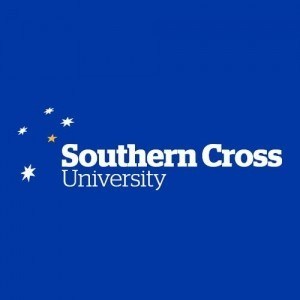The Graduate Certificate in Allergic Diseases at Western Sydney University is a comprehensive program designed for healthcare professionals seeking to enhance their understanding and management of allergic conditions. This innovative course offers a multidisciplinary approach to the diagnosis, treatment, and ongoing management of allergic diseases, including asthma, hay fever, food allergies, skin allergies, and drug allergies. The curriculum covers the latest research, clinical practices, and emerging therapies, equipping students with the practical skills needed to improve patient outcomes.
Throughout the program, participants will explore the immunological mechanisms underlying allergy, develop advanced skills in allergy diagnosis, including skin prick and blood testing, and learn how to design personalized management plans. The program also emphasizes patient education and communication, ensuring that graduates are well-prepared to support patients in their journey towards better health. Interprofessional collaboration is a key focus, enabling students to work effectively alongside specialists such as allergists, immunologists, pulmonologists, dermatologists, and general practitioners.
Delivered through a combination of online learning modules, interactive case studies, and practical workshops, the program offers flexibility to accommodate busy healthcare professionals. The faculty comprises leading experts in allergy and immunology, providing students with mentorship and practical insights into the latest advancements in the field. Upon completion, graduates will be equipped with specialized knowledge and practical skills to better diagnose and manage allergic diseases, contributing to improved quality of life for their patients.
The Graduate Certificate in Allergic Diseases is an ideal stepping stone for clinicians seeking to advance their expertise, pursue further qualifications, or specialize in allergy and immunology. It also prepares graduates for roles in research, healthcare policy, and education related to allergic conditions. Enrolling in this program offers professionals an opportunity to stay at the forefront of allergy management and to make a meaningful difference in patient care within the community.
The Allergic Diseases program at Western Sydney University offers an in-depth exploration of the science, diagnosis, management, and treatment of allergic conditions affecting individuals worldwide. Designed for healthcare professionals, researchers, and students interested in immunology and allergy, this program provides comprehensive knowledge on the mechanisms underlying allergic responses, including the immunological pathways involved and the environmental and genetic factors contributing to allergy development. Participants will gain a thorough understanding of the various types of allergic diseases such as food allergies, respiratory allergies including hay fever and asthma, atopic dermatitis, anaphylaxis, and other hypersensitivity reactions. The curriculum combines theoretical knowledge with practical applications, emphasizing current diagnostic techniques, including skin prick testing, serum IgE testing, and emerging biomarker-based approaches. Students will also explore modern management strategies, including pharmacological treatments like antihistamines, corticosteroids, and immunotherapy, as well as lifestyle modifications and allergen avoidance techniques. The program emphasizes a multidisciplinary approach, integrating insights from immunology, dermatology, pulmonology, and emergency medicine to improve patient outcomes. Participants will engage with case studies, research findings, and clinical guidelines to enhance their diagnostic skills and research capabilities. The program also highlights recent advances in allergy research, including the development of novel therapies and personalized treatment plans tailored to individual patient profiles. Through a combination of lectures, interactive tutorials, and practical workshops, students will develop essential skills to assess and manage allergic diseases effectively. By the end of the program, participants will be equipped with the knowledge and tools necessary to contribute to improved patient care, research, and policy development related to allergic conditions. Whether pursuing a career in clinical practice, research, or healthcare administration, this program prepares graduates to make a meaningful impact in the field of allergy and immunology.
- Registered Doctor at clinical practice
- Have Usage of a regional specialist Immunology/Allergy clinic
The Master of Allergic Diseases at Western Sydney University offers a range of financing options to support students throughout their studies. Tuition fees are structured according to Australian universities' standard schedules and may vary depending on the student's residency status, with international and domestic students sometimes paying different rates. Domestic students may be eligible for government assistance schemes such as HECS-HELP, which allows students to defer the payment of their tuition fees until they are earning above a certain income level. International students are required to pay tuition fees upfront or through approved payment plans, which can be negotiated directly with the university.
Western Sydney University also provides scholarships and grants that can significantly reduce the financial burden on students enrolled in this programme. These scholarships may be merit-based, need-based, or targeted towards specific groups, including Indigenous Australians or students from particular geographic regions. Application processes for scholarships are typically competitive and require students to submit relevant documentation demonstrating eligibility. Additionally, some students may qualify for external funding sources, such as government or private sector grants, depending on their circumstances and career goals.
Apart from scholarships, there are also options for students to access financial support through private loans or educational financing companies. These financing options generally require students to fulfill creditworthiness assessments and agree to repayment terms once they commence employment after graduation. Western Sydney University also provides detailed information and guidance about financial planning, budgeting, and managing study-related costs, helping students to plan their finances effectively over the duration of their programme.
Many students also consider part-time work opportunities available both on and off-campus, which can provide additional income and help offset expenses such as accommodation, textbooks, and daily living costs. The university's career services facilitate connections with potential employers and internships relevant to allergic diseases, offering pathways to gain practical experience while earning. Overall, Western Sydney University endeavours to make the Master of Allergic Diseases financially accessible by combining tuition support, scholarships, external funding options, and employment opportunities, thus enabling students to focus on their academic and professional development without undue financial stress.
The Allergic Diseases program at Western Sydney University is designed to provide students with a comprehensive understanding of the mechanisms, diagnosis, and management of allergic conditions. The curriculum covers a wide range of topics including immunology, respiratory diseases, skin allergies, food allergies, and the latest therapeutic approaches. Students will gain theoretical knowledge through lectures and seminars, as well as practical skills in diagnosing and treating allergic disorders through clinical placements and hands-on workshops. The program aims to prepare graduates for careers in clinical practice, research, and healthcare policy related to allergy and immunology. It emphasizes evidence-based approaches and encourages innovation in treatment strategies and patient care. Throughout the course, students are encouraged to develop a multidisciplinary perspective, integrating insights from medicine, pharmacy, nursing, and public health. The program also includes opportunities for research projects, enabling students to contribute to the advancement of knowledge in allergic diseases. Upon completion, graduates will be equipped to work in hospitals, specialized allergy clinics, and community healthcare settings, providing specialized care and advancing the understanding of allergic conditions. The program fosters a collaborative learning environment supported by experienced faculty members who are experts in the field. It also offers access to state-of-the-art laboratories and research facilities, ensuring students receive an up-to-date education aligned with current clinical practices. Western Sydney University’s focus on practical experience and contemporary research makes this program highly relevant for aspiring allergists, immunologists, and healthcare professionals dedicated to improving patient outcomes in allergic diseases.









